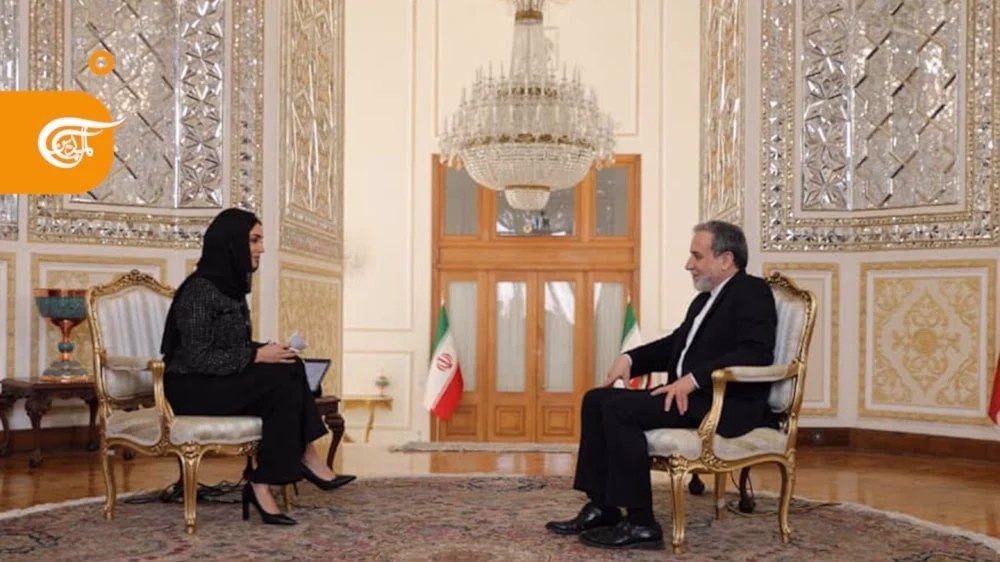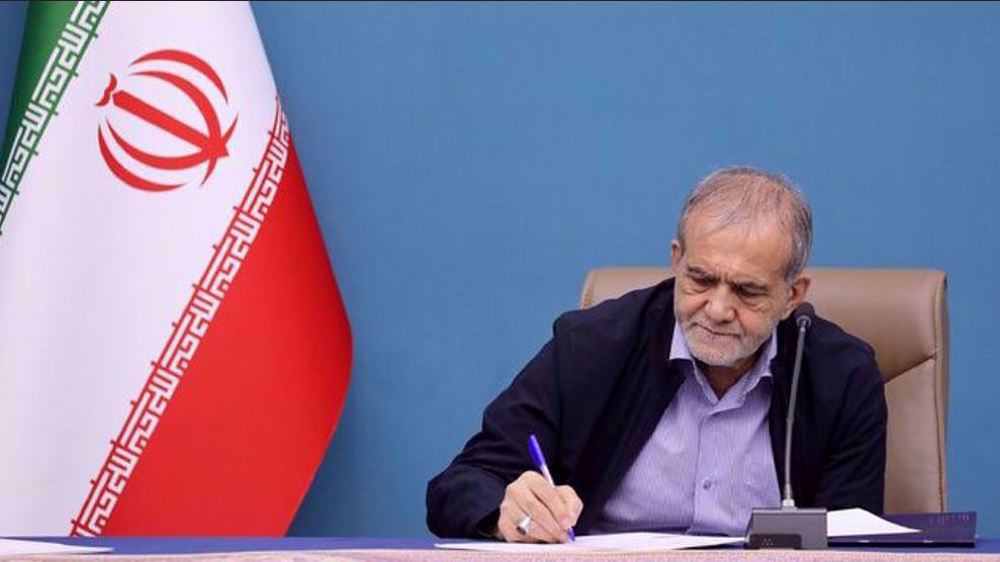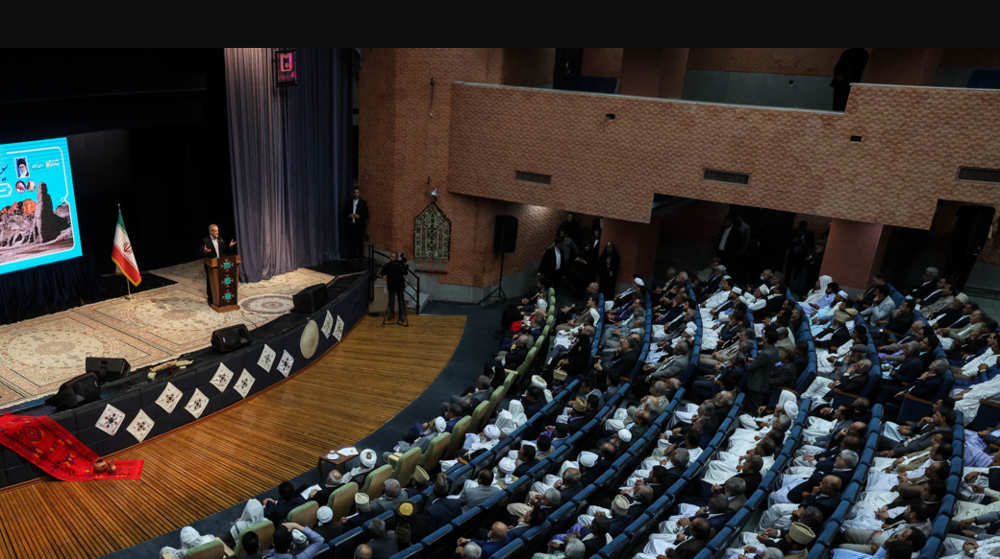Hemmati says he has been ‘agent of change, not blameworthy for status quo’
Abdol-Nasser Hemmati, the governor of Iran’s Central Bank and a candidate in the 2021 presidential election, says he should not be lumped together with those responsible for the economic status quo.
Writing on his Instagram page on Friday, Hemmati, who has been at the helm of the Central Bank since August 2018 and who was appointed to that position by incumbent President Hassan Rouhani, said he had been trying to change the economic situation of the country since two and a half years ago.
“Some individuals who themselves are responsible for the status quo say Hemmati’s performance is partially [to blame for] the current situation,” he said. “I have for the past two and a half years been partially responsible for changing the status quo not bringing it about.”
He implied that his monetary policies had saved the Iranian economy.
“If the past monetary and foreign exchange policies had been continued, there would have remained nothing to compete over,” he said, apparently referring to the presidential race.
The Rouhani administration has been the focus of much criticism for high inflation and rampant poverty in the country, even though the United States’ unilateral withdrawal from a nuclear deal with Iran in 2018 and the subsequent imposition of tough economic sanctions on the country were also to blame.
Hours before a list of candidates approved to run in the June 18 presidential election — drawn up by Iran’s Constitutional Council — was published on Wednesday, showing that Rouhani’s vice president, Es’haq Jahangiri, had been officially disqualified from running, Fars news agency ran a report in which it already disclosed that Jahangiri and a number of others had been disqualified. That report was titled “The Council rejects those responsible for the status quo.”
Hemmati is closely associated with President Rouhani’s economic policies both because he was appointed governor of the Central Bank by him and because he was ambassador to China — an important economic partner for Iran — before that appointment.
VIDEO | Israeli forces storm West Bank’s Jenin again, target civilians
Iran activates advanced centrifuges after IAEA's 'unjust' resolution
VIDEO | Press TV's news headlines
Iran FM: Response to Israeli aggression 'inevitable'
VIDEO | Iran eases the rules for exporting hand-woven carpets
VIDEO | Intl. Day for the Elimination of Violence against Women: A stark reminder of Gaza women
Australia denies ex-Israeli minister Shaked visa
VIDEO | 85% of Yemeni displaced people face daily hunger crisis










 This makes it easy to access the Press TV website
This makes it easy to access the Press TV website